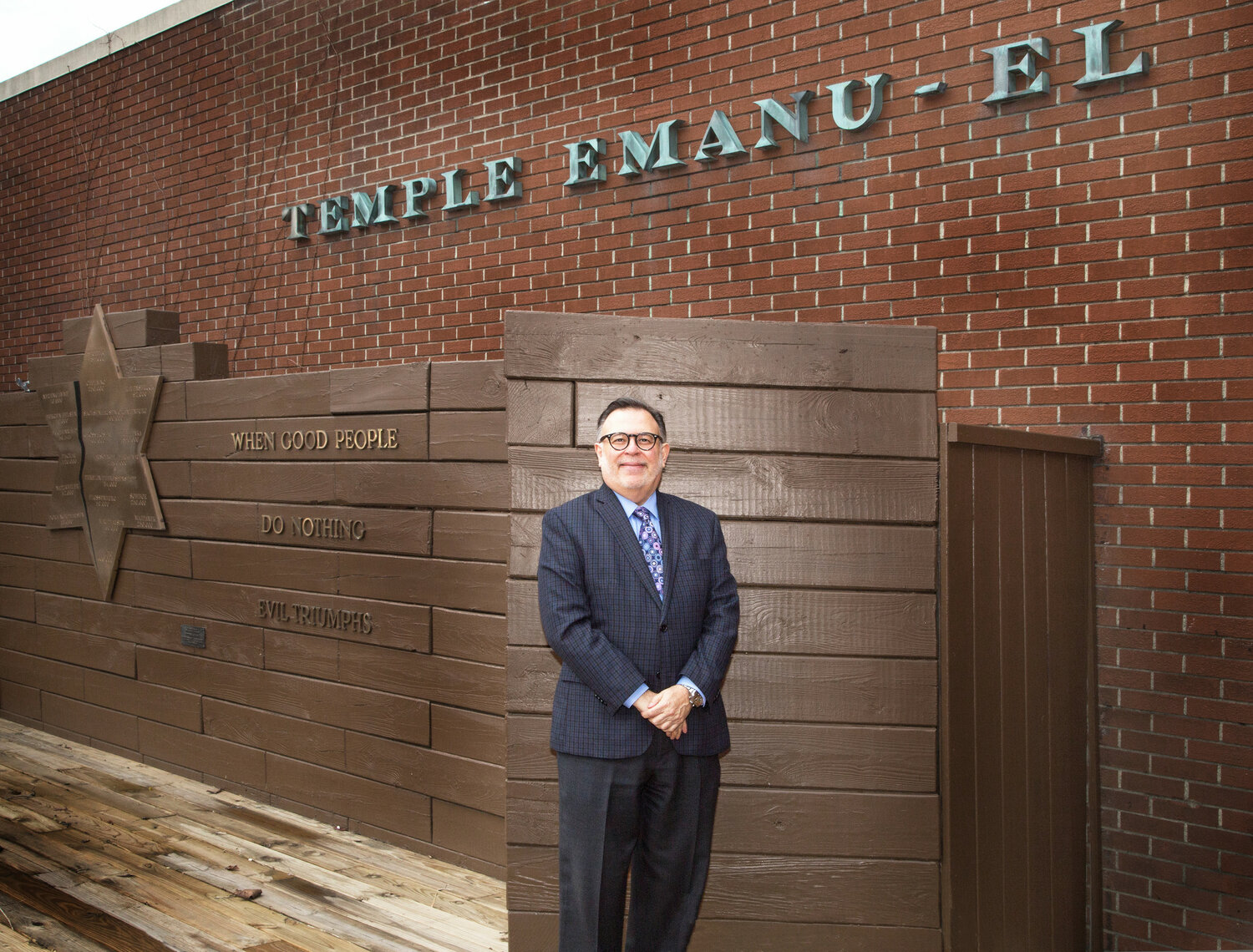Rosh Hashanah: The Beauty of Diversity
O
n Wednesday evening, October 2, Jews worldwide will celebrate Rosh Hashanah, ushering in the new year on the Hebrew calendar. The origin of the festival is found in Leviticus (23:24).
“In the seventh month, on the first day, you shall observe complete rest, a sacred occasion commemorated with blasts of the shofar (ram’s horn).”
This appears confusing. How can you begin an annual cycle starting on month seven?
In ancient Israelite times it was not considered a new year holiday, rather it was a holy day that prepared you for Yom Kippur the Day of Atonement which always occurs ten days later. The transformation to a “New Year” designation happened in the sixth century BCE. In 587 BCE the Kingdom of Israel was conquered and exiled to Babylonia, where they remained for seventy years.
Upon their return to their homeland and capital of Jerusalem, they brought back various customs and language terms from the culture in which they resided for decades. For example, the names of the Hebrew months were borrowed from their captor’s calendar. In addition, the Babylonians had a grand party and holiday celebrating the beginning of creation of the world, and hence a new beginning in your life on their seventh month--which happened to coincide with the biblical holiday of the shofar blast specified in Leviticus. These two events conflated and emerged as Rosh Hashonah, Judaism’s start of the new liturgical and spiritual year, and has been considered a solemn and joyful time ever since.
Religions, especially the three major monotheistic ones, diverse cultures, and differing nations have cross-influenced each other since the beginning of recorded history. Baptism was modeled after the Jewish ritual bath mikvah, which predates Jesus by centuries. The Hebrew Bible contains many Egyptian words, particularly those used for weights and measures. The name Moses is Egyptian. Elements of Greek mythology are in Genesis, and the Great Flood of Noah was likely appropriated from the Sumerian legends of Gilgamesh. Pizza came from Italy, hot dogs from Germany. The word garage is French, and the snowshoe originated with Native American tribes.
The High Holidays therefore reminds us, at a time in our country and world when we are so divided, polarized, and violently vilifying anyone who is not the same as us, that really we are capable of embracing uniqueness and diversity in a beautiful, healthy, and positive way. Inclusion enriches our lives; it does threaten nor diminish us.
May this Rosh Hashonah inspire us, regardless of which faith community we belong, to work toward peace, harmony and respect for all humanity.
Rabbi Jack Zanerhaft is the spiritual leader at Temple Emanu-El of Long Beach.






